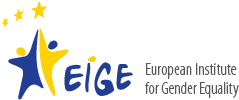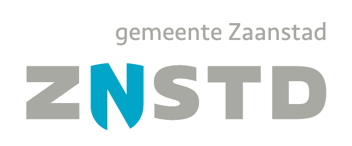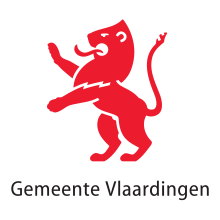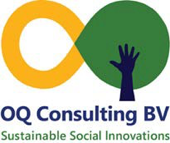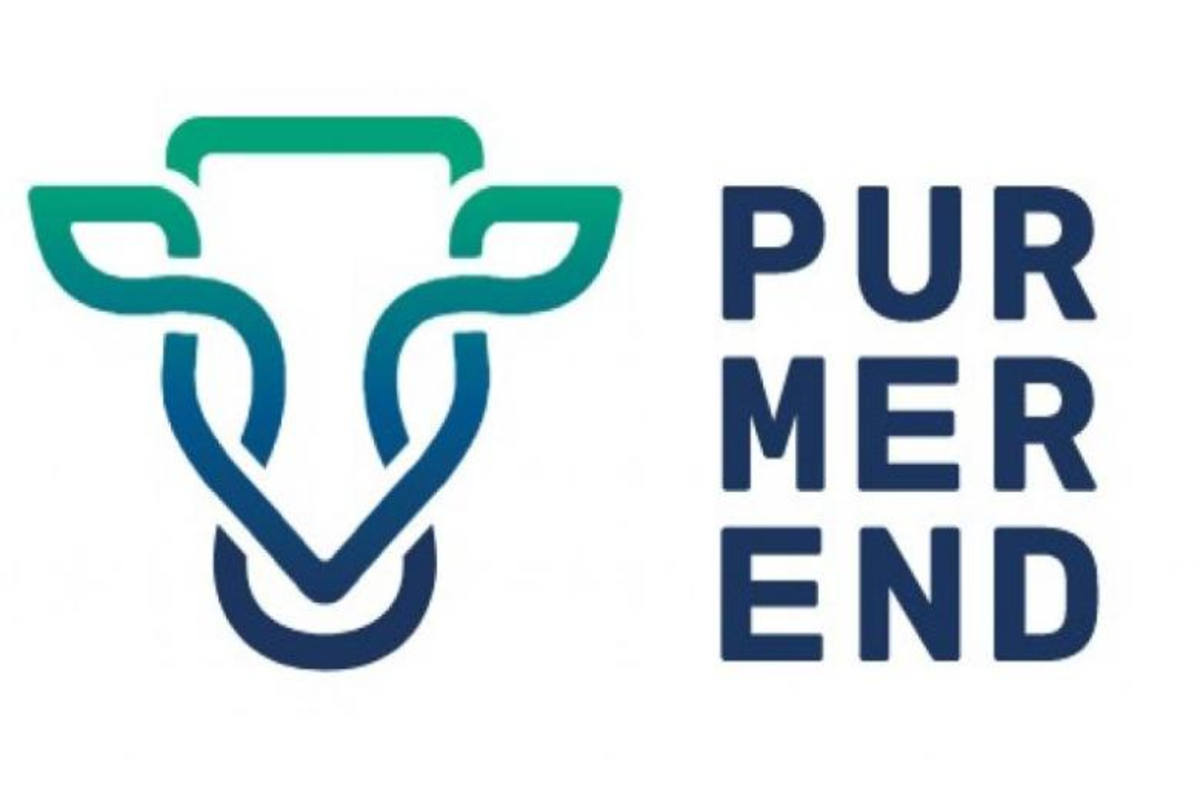GISWatch 2015, with articles on the politics of sex and internet from around the world, will be launched at the United Nation’s Internet Governance Forum. NETSHEILA’s Lin McDevitt-Pugh contributed with an article on how the Netherlands deals with sexting in schools. Watch the tweets on #GISWatch2015 and #IGF2015.
Launch: 12 November 2015, 12:30 till 13:15
Internet Governance Forum (IGF) in João Pessoa, Brazil
How does the politics of sex and sexual rights activism take place online? How are generally accepted sexual identities, as well as marginalised sexualities, expressed, regulated and moralised on the internet? And how does this relate to the threats of surveillance, censorship and online violence? These are some of the questions that this year’s edition of the “Global Information Society Watch report (GISWatch 2015, available at http://www.giswatch.org/2015-sexual-rights-and-internet) aims to respond to. With sexual rights and the internet as the main theme, the issues addressed by the country reports range from the challenges and possibilities that the internet offers lesbian, gay, bisexual, transgender and intersex (LBGTI) communities to the active role of religious, cultural and patriarchal establishments in suppressing sexual rights, including same-sex marriage, to the rights of sex workers, violence against women online, and sex and internet in schools.
What is GISWatch? GISWatch is collaborative community committed to building an open, inclusive and sustainable information society. The GISWatch reports are a series of yearly reports covering the state of the information society from the perspectives of civil society, but GISWatch is not only a publication, it is a process. The long-term goal of the project is to build policy analysis skills and “habits” into the work of civil society organisations that work in the areas of ICT for development, democracy and social justice.
Why a Sexual rights and the internet edition? The timing of this publication is critical: many across the globe are denied their sexual rights, some facing direct persecution for their sexuality (in several countries, homosexuality is a crime). While these reports seem to indicate that the internet does help in the expression and defence of sexual rights, they also show that in some contexts this potential is under threat – whether through the active use of the internet by conservative and reactionary groups, or through threats of harassment and violence. The reports suggest that a radical revisiting of policy, legislation and practice is needed in many contexts to ensure that the possibilities of the internet for guaranteeing sexual rights are realised all over the world. The eight thematic reports introduce the theme from different perspectives, including the global policy landscape for sexual rights and the internet, the privatisation of spaces for free expression and engagement, the need to create a feminist internet, how to think about children and their vulnerabilities online, and consent and pornography online. These thematic reports frame the 57 country reports that follow. Each country report includes a list of action steps for future advocacy.
The report will be available immediately after the launch.
Meanwhile, follow @APC_News and #GISWatch2015 for teasers and insights on the process, and stay tuned!
Roxana Bassi
APC GISWatch Coordinator
http://www.apc.org – http://www.giswatch.org
Our clients









